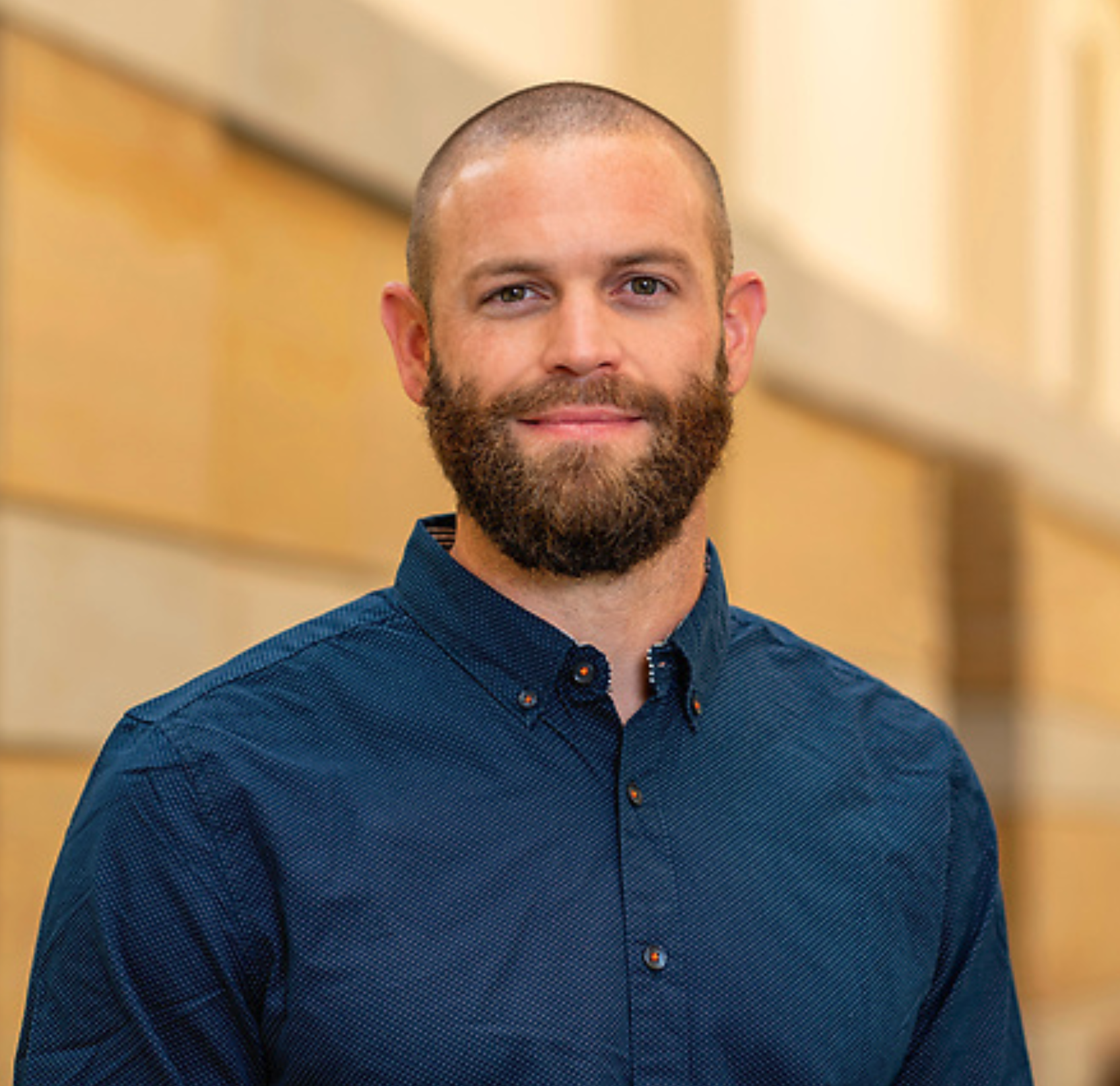 About this Episode:
About this Episode:
Show Notes:
Welcome to Global Stage, a podcast highlighting academic and policy-oriented international research on democracy and human development! Global Stage is brought to you by the Kellogg Institute for International Studies, part of the Keough School of Global Affairs at the University of Notre Dame. Your host today is Kellogg Doctoral Student Affiliate Patrick McQuestion, a PhD student in Peace Studies and Political Science at the Kroc Institute.
Patrick is joined by Drew Marcantonio, a researcher, teacher and practitioner focused on regenerative and durable livelihoods, environmental management and peace building. A PhD graduate from the Kroc Institute, he currently is a faculty member at the Mendoza College of Business at the University of Notre Dame. He is author of the book Environmental Violence: The Earth System and the Human Niche, published by Cambridge University Press in 2022, co-author of the textbook Environmental Management Concepts and Practical Skills, and lead co-editor of Environmental Violence Explored.
To begin, Marcantonio shares that his interest to study the environment came from his own enjoyment of outdoor spaces and his experience working on a ranch growing up. When he worked for a few years in Afghanistan, he first began to see the concepts of violence and environmentalism intertwine. He explains his perspective that the environment is often a source of violence. In his most recent publication, Marcantonio defines violence as “the direct and indirect harm experienced by humans due to toxic and non-toxic pollutants in a local and global ecosystem through human activities and processes.” Material vectors, he clarifies, are all of the outputs from human production and consumption that arise and enter our shared ecosystem. Although non-toxic pollutants don’t directly harm the human body, they do change our atmosphere composition over time. Marcantonio also explains that environmental regulations don’t limit people’s freedom. On the contrary, they aim to establish environmental systems that will preserve humanity’s freedom overall. In most cases, data shows that the number of early deaths as a result of toxic pollution exposure is higher than the number of deaths in war conflicts. While the average number of warfare deaths on average is about 90,000 people, the average number of toxic pollution-emission deaths is estimated at 8-9 million people. The majority of these deaths are mitigatable, as they happen as a result of material demands. International environmental policy is a critical component and asset for both environmental peacebuilding and conflict negotiations. Before wrapping up, Marcantonio shares about his upcoming exciting work in the field.
Links:
- Learn more about Drew Marcantonio.
- Learn more about Environmental Violence: The Earth System and the Human Niche.
- Learn more about the Kellogg Institution for International Studies.
Listen:
Listen below, ask your smart device to “play Global Stage Podcast,” or find us on:
Apple | Spotify | Stitcher | iHeartRadio | TuneIn





